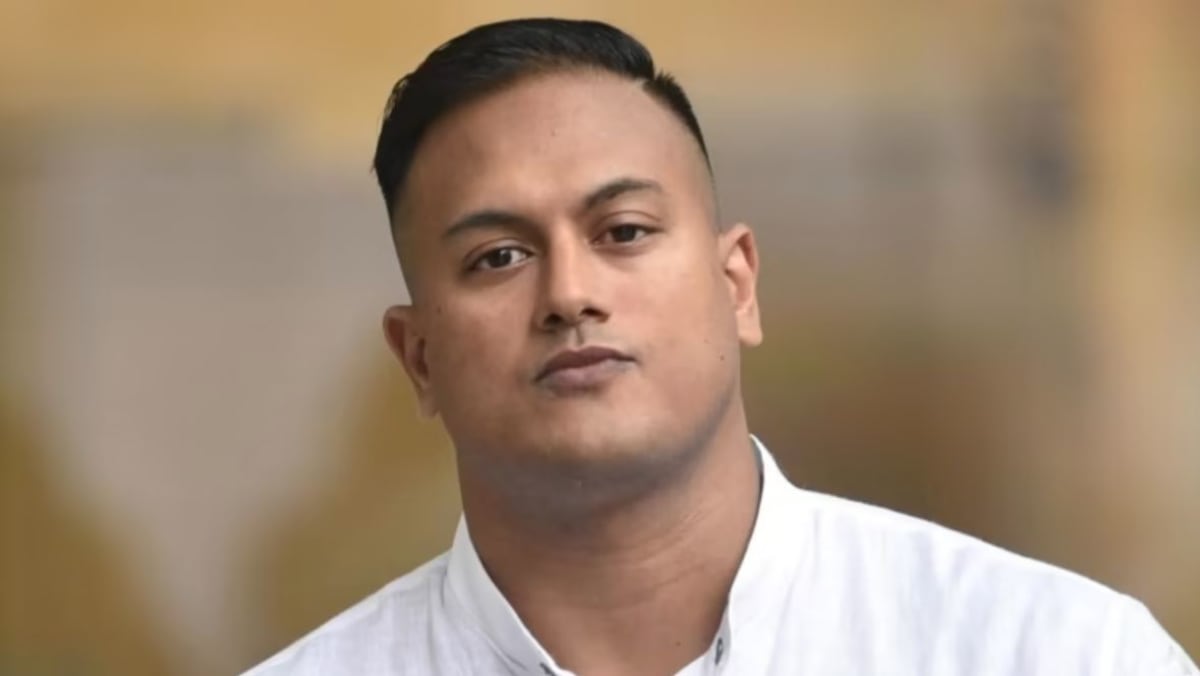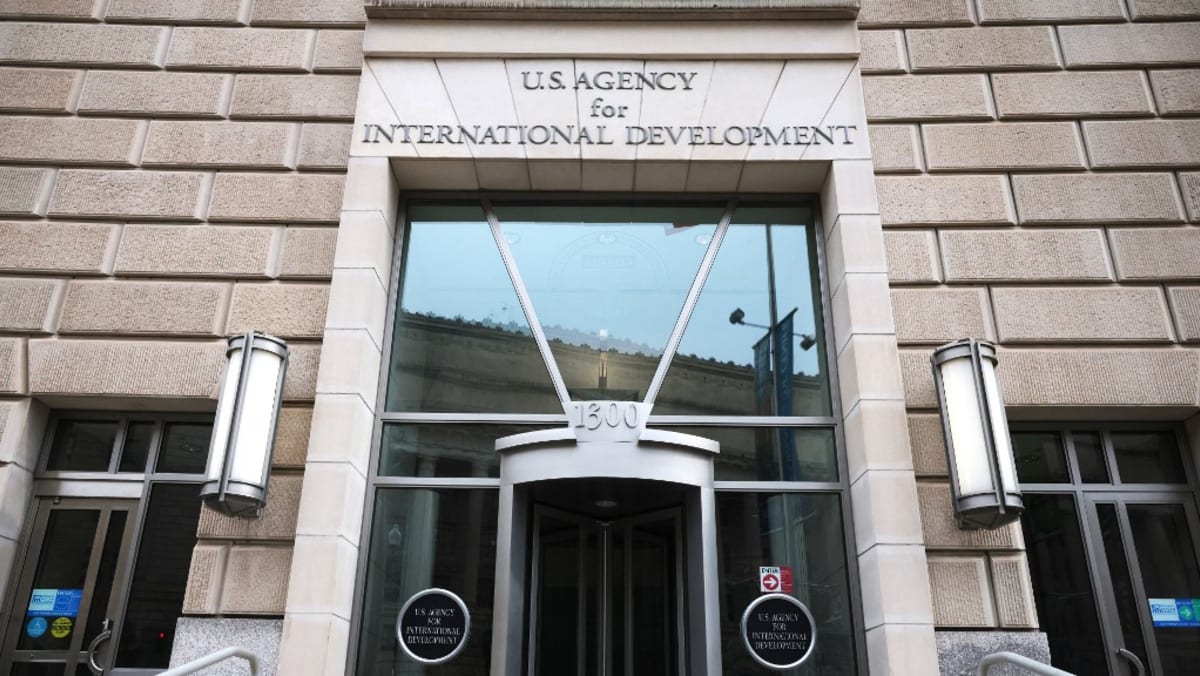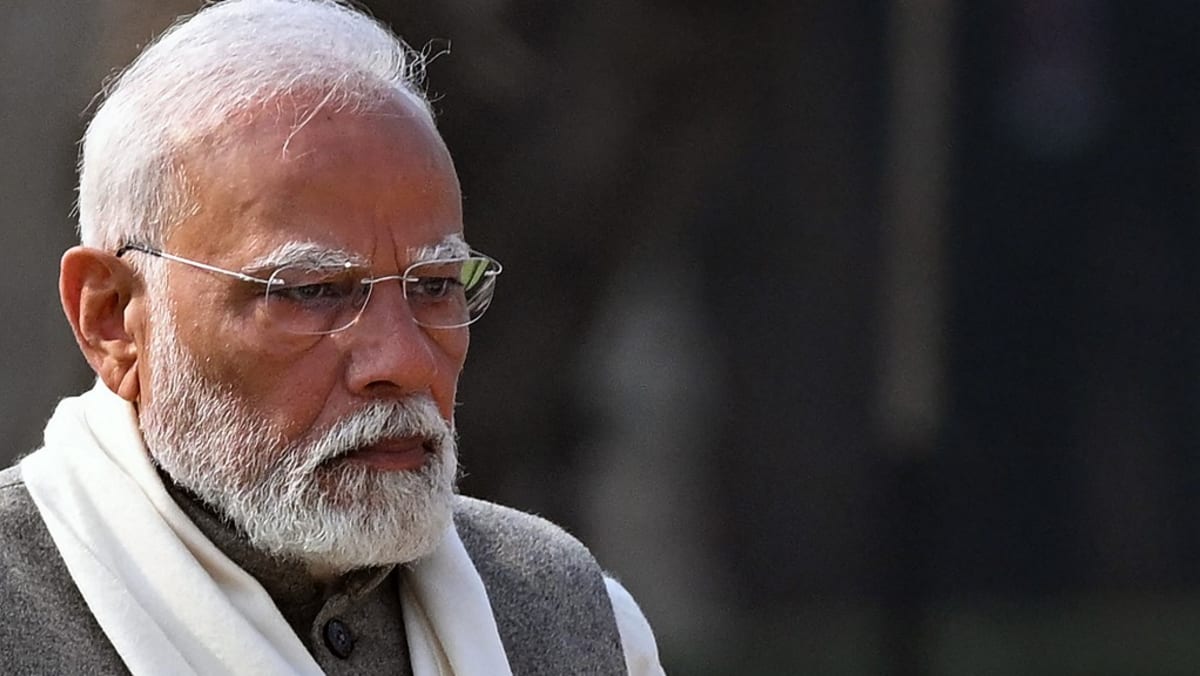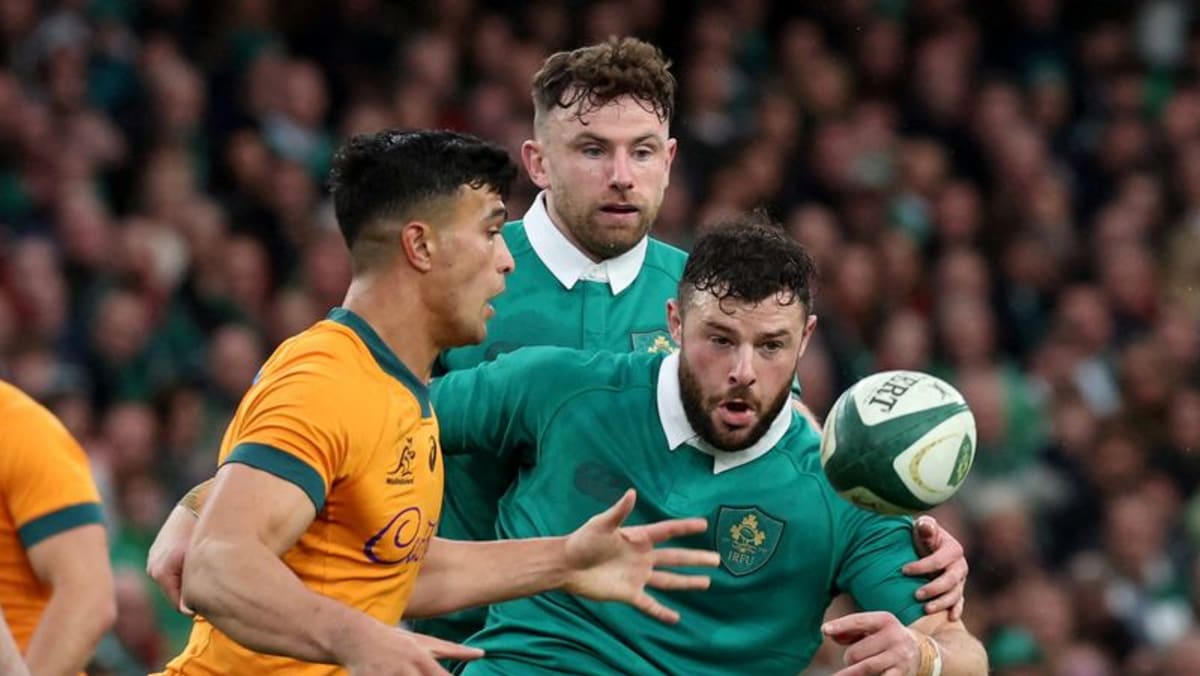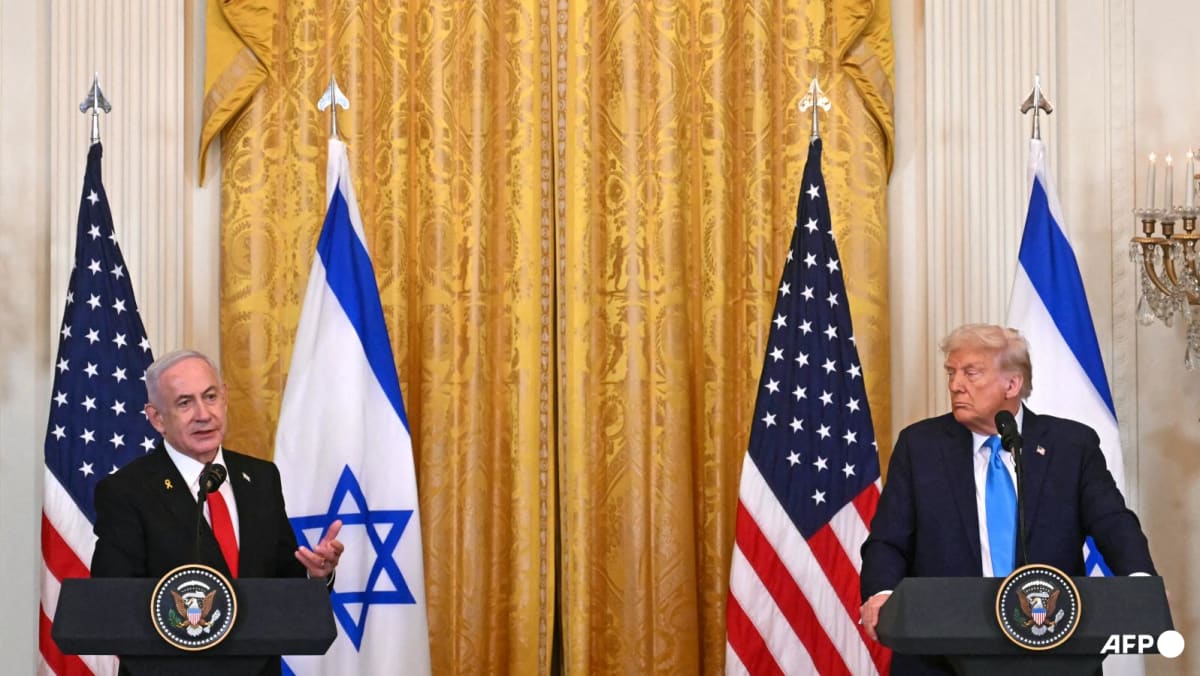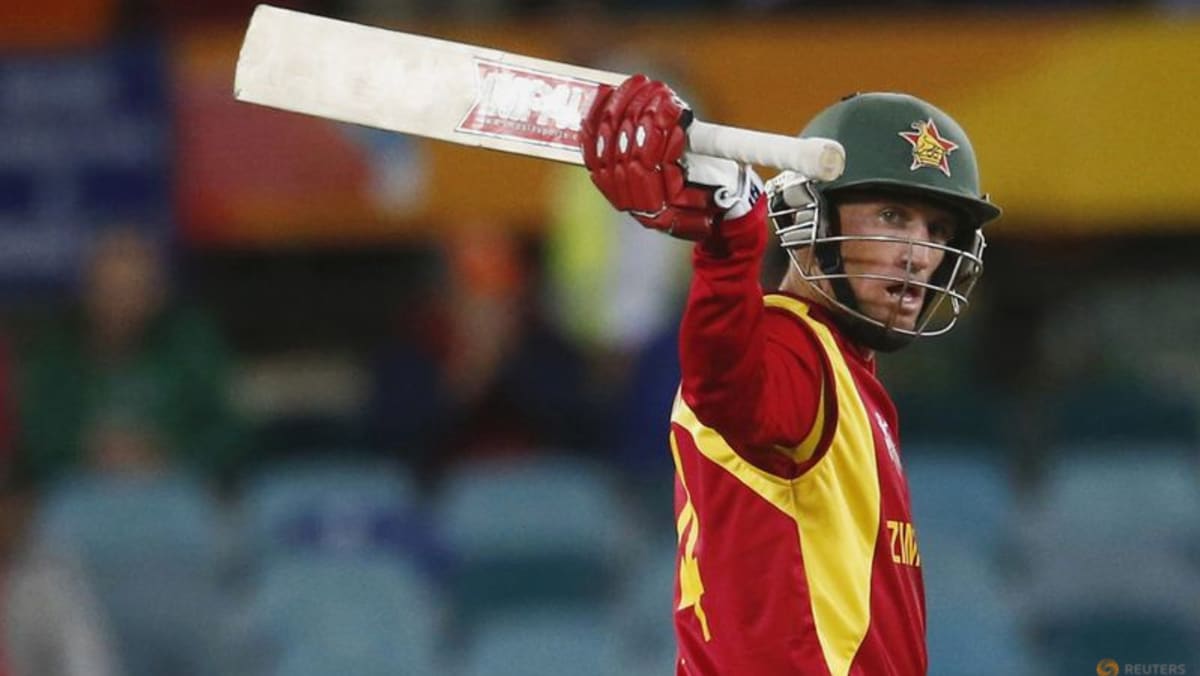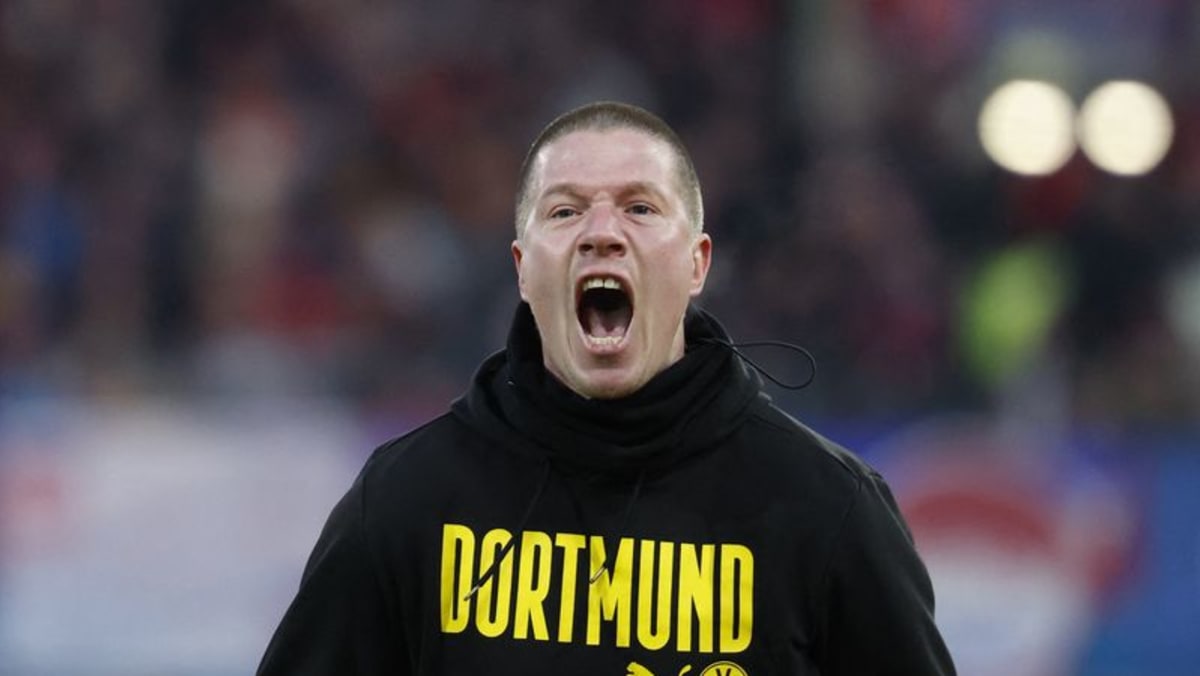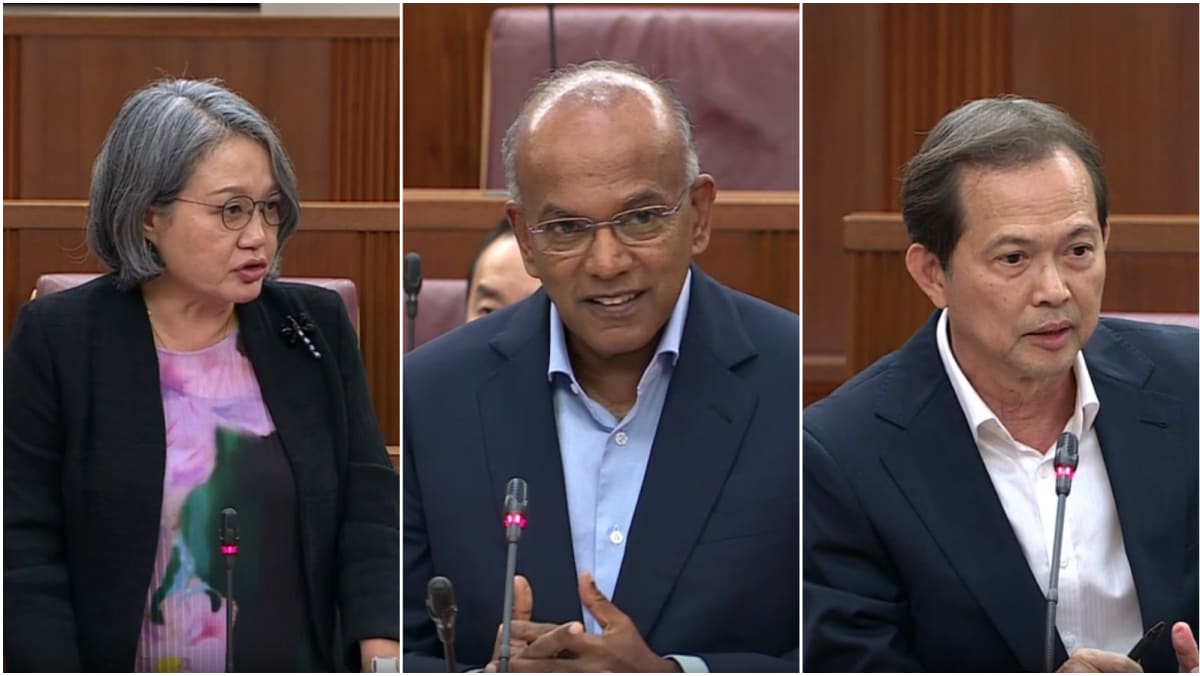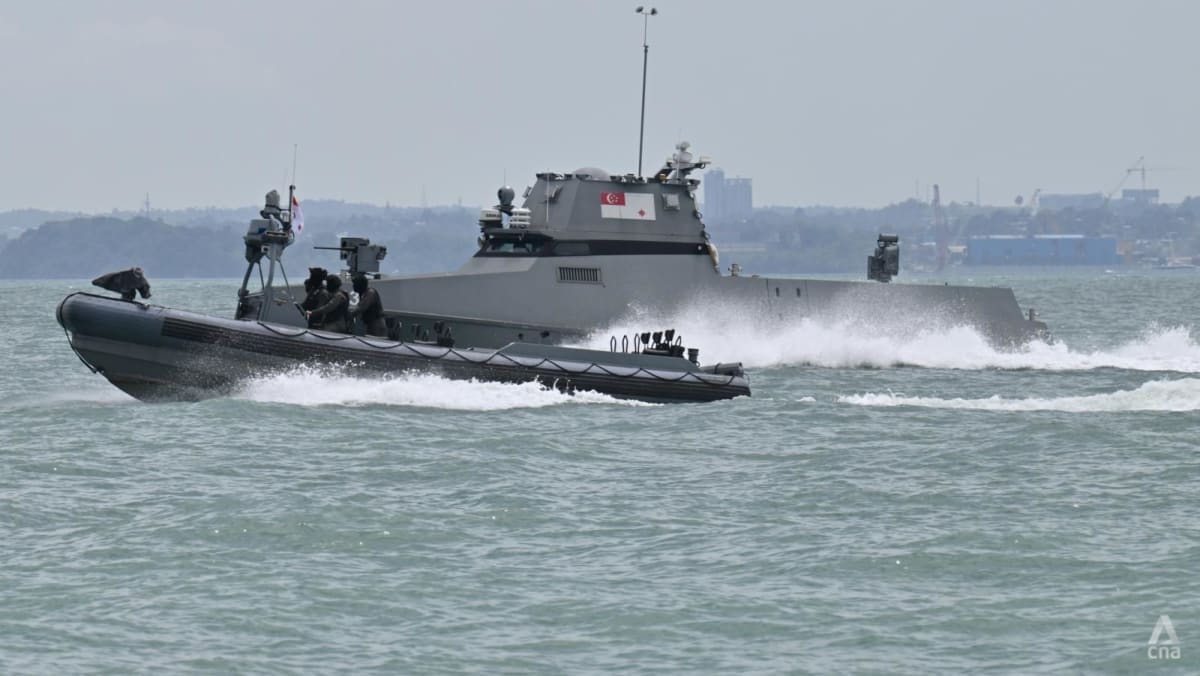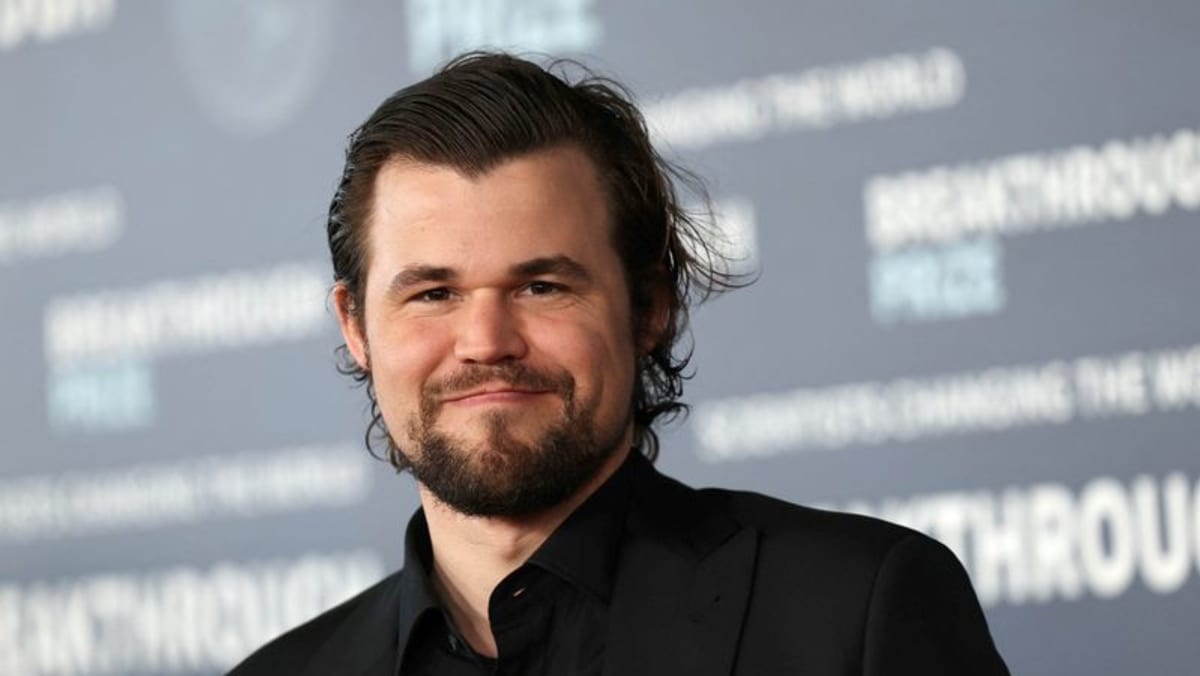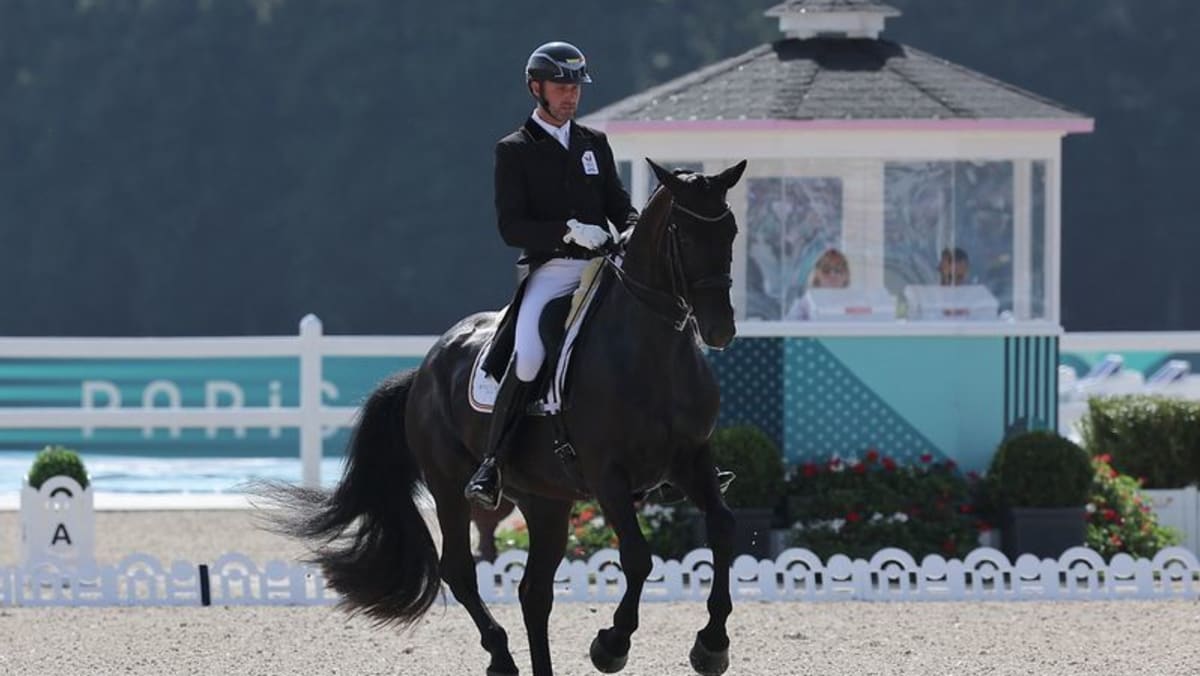My mum died when I was just a year old, after a long battle with breast cancer.
My three older siblings had many more memories of Mum than I did, but growing up, the topic of her was often altogether avoided at home.
All the same, it was recounted to me how tender, rooted and loyal Dad’s love for Mum was – how much it endures, how much it fights and how much it sacrifices.
When she died, his whole world fell apart.
Dad started drinking – more and more, till he was returning home nightly in a drunken state. Some nights, he’d stumble through the door sporting injuries due to confusion caused by intoxication.
One night, when I was 12, he came home with a bloody forehead. My older sister, a medical practitioner, cleaned and dressed his wound, while the rest of us helped to clean the many drips and splatters of blood off the floor and corridor.
We changed his red-stained clothes and put him to bed before returning to our room. None of us could sleep well after that.
DAD’S BURDENS
On good days, Dad would give us allowances for school if he had extra to spare. He would buy back delicious food and we would eat it together as a family.
On really good days, he would take us out to eat zi char. He would smile, laugh, talk freely with us.
On those days, I could almost feel like I had a dad who was just like the dads all my friends and classmates had. These moments were rare, but they seemed to glow so bright that they outshined the darker days.
Money was always tight in our household, so we became self-reliant at an early age. The older siblings took on part-time jobs, sharing the earnings with us younger ones for school fees and allowances.
We never asked Dad for any financial support. He was having a hard enough time – not just trying to make ends meet with four kids in tow, but also getting back day after day to a home he’d bought in which to build a life with his beloved wife, who was no longer there.
The least we could do was to refrain from adding to the great burdens he was already shouldering.
In the eyes of others, he may have appeared to be an absent father. We’d hear disparaging remarks from other relatives and family members. “Their father doesn’t seem to care about them. Every night, just drink and drink and drink.”
But to us, he was a father we respected for his steadfast commitment to our mum and for his resilience in the face of all the curveballs life threw at him.
ME AND DAD
Growing up, my personal relationship with my dad was distant and tenuous. We never talked much and even if we did, it was always a quick and close-ended conversation before we turned away to continue with what we were doing earlier.
The relationship was further strained after I began tertiary schooling.
After my classes were done each day, I would head straight to my part-time job. When I returned home late each night, Dad would usually be sitting by himself at the dining table, littered with empty beer bottles.
I’d make a beeline for my room, throwing out a quick “hi, Pa” along the way before closing the door shut behind me.
Our relationship only improved significantly in recent years, with him becoming a grandfather to my older sister’s children in 2019 and me getting married in early 2022.
He became very involved in my wedding preparations, offering to help wherever he could. I would also seek his opinions on traditional practices and customs.
We spoke more and spent more time together. It felt like a gift – an opportunity to make up for lost time.
 Ms Chua Jia Ling with her father during her wedding in 2022, moments before he walked her down the aisle. (Photo: Chua Jia Ling)
Ms Chua Jia Ling with her father during her wedding in 2022, moments before he walked her down the aisle. (Photo: Chua Jia Ling)
Every Sunday was family day, where we gathered for dinner together.
Dad was so proud of this, often sharing and boasting about it to his friends at the coffee shop. As they talked and laughed over kopi, he would anxiously check the time, worried he’d be late.
“I got family day with my children and grandchildren,” he’d say. “I go off first.”
During these dinners with us, he seemed to have become a totally different person. He adored and indulged his young grandchildren so much, constantly showering them with love and affection.
It always made me happy, even though it was a side of him my siblings and I never really got to see ourselves while we were growing up.
I just wanted him to be happy, regardless of the cause.
DAD’S SICKNESS(ES)
For as long as I could remember, Dad had diabetes. While periodic check-ups managed to keep the condition controlled over a few decades, a full recovery was always impossible.
Towards the end of 2022, his condition deteriorated sharply. He was admitted to the emergency unit on Jan 25, 2023, with suspected renal failure.
For five months, Dad was stuck in an exhausting cycle of hospital admissions and discharges. He had to undergo an amputation surgery, endless dialysis sessions and endless, complicated rounds of various medications.
The toll on his mental health just kept climbing. Soon, he started experiencing bad bouts of delirium.
On disoriented days, he shouted and hurled vulgarities at hospital workers, refused treatment and threw syringes and tubes to the floor. He yelled at us when we went to visit. He even called the police to report himself as being abused by the hospital.
I spent every day of those five months shuttling between the office, the hospital and my home, weekends included. I’d buy him food, clean him and chat with him.
When he was having a bad episode, I’d sit beside him and just let him vent his frustrations. I understood – who’d want to be cooped up in a hospital ward all day, subjected to never-ending dialysis, medications and jabs?
But this understanding didn’t really make it any easier to watch my father lose his grip on his mental ability, his strength and even his powers of speech.
 When her father was hospitalised in 2023, it was hard for Ms Chua Jia Ling (pictured) to watch him lose his grip on his mental ability, his strength and even his powers of speech. (Photo: CNA/Nuria Ling)
When her father was hospitalised in 2023, it was hard for Ms Chua Jia Ling (pictured) to watch him lose his grip on his mental ability, his strength and even his powers of speech. (Photo: CNA/Nuria Ling)
Early one morning, I was on the way to work when I received a WhatsApp voice note from Dad: “Chua Jia Ling, I don’t want you as a daughter anymore. Just let me die.” He sent my siblings similar voice notes.
Out of everything in those five months, this hit me the hardest.
But what could I do? I pulled myself together in silence and started another long day of work.
“GO WHERE YOU NEED TO GO”
On May 14, 2023, we received a call around 9pm: Dad had had a heart attack and was comatose in the intensive care unit (ICU).
I rushed to the hospital to see him lying motionless in bed, intubated on life-support. I stroked his face and assured him that he’d be okay, that we were all here with him.
After weeks of intensive care brought no change, the doctor gently but firmly brought up palliative care and end-of-life planning.
We had two options: Extubation (removing the tubes inserted into his body), with minimal medical intervention to ensure he would be pain-free, or to continue monitoring him in ICU with little hope of improvement. Slow death number one, or slow death number two.
Dad died three days after extubation.
We got the call in the wee hours of Jun 1, 2023. We leapt into action, but we were too late. His heart had stopped before we arrived.
We took turns saying goodbye. I kissed Dad’s forehead and held his hand for the last time. It felt cold.
The day we cremated him, before the undertaker sealed the coffin, I said to Dad: “Don’t worry about us, okay? We are all grown-ups and will look after each other. We will not let anyone bully us. So go where you need to go, and don’t look back.”
He was laid to rest at the same temple where my mum is.
DID I DO ENOUGH?
My last unbroken memory of my dad – my real dad, clear and coherent, not the man lost to delirium or unconsciousness – is the day he got admitted to ICU.
That morning, I visited him as usual. While feeding him the porridge for his lunch, I kept up a steady stream of chatter, updating him on recent news headlines as well as things happening at home.
Before leaving the ward, I cleaned his face and mouth and said, “My elder brother will come later. I will come again tomorrow, okay?”
He gave me a thumbs-up.
I paused, holding on to his hand. “I go off already, ah.”
He nodded and then said: “Remember to get something to eat later.”
I didn’t know it then, but these would be the final words he’d leave me with in this lifetime.
 Ms Chua Jia Ling looking back on photos that she took with her father on her wedding day. (Photo: CNA/Nuria Ling)
Ms Chua Jia Ling looking back on photos that she took with her father on her wedding day. (Photo: CNA/Nuria Ling)
I still have regrets about my dad.
Did I do enough for him? Did I relieve his pain where I could or was I just another burden in his darkest moments? Did I take good enough care of him when he needed me?
What if I’d made it to his bedside in time – would it have made any difference if I’d been there to hold his hand through his last breath?
I did all I could in each moment, worried that I’d run out of time. All the same, I will carry some of these regrets for the rest of my life.
Dear Pa, thank you for everything you did for us. You worked hard in this lifetime and suffered much, and I’m glad you’re now able to reunite with Mum and catch her up on 30 years of stories.
I hope to be your daughter again in the next lifetime. I promise I will be a better one.
Chua Jia Ling, 31, is a bank executive by day and aspiring writer by night. She is now pursuing a part-time degree in counselling at a university in Singapore.

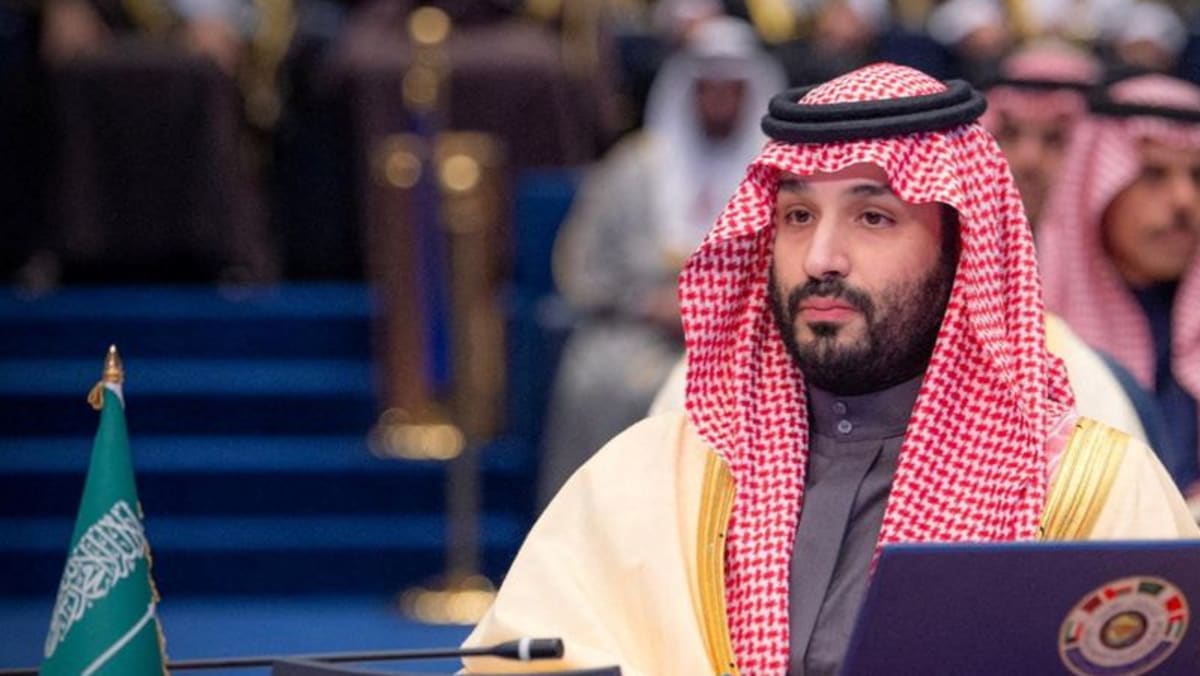
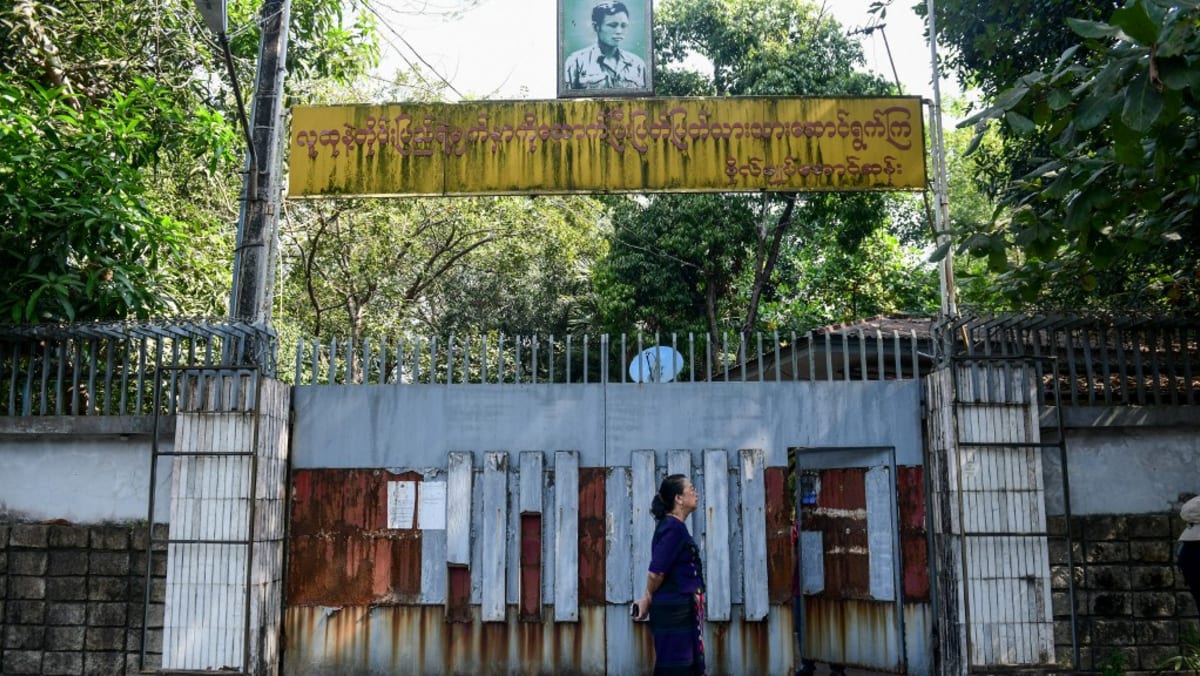
.jpg?itok=HVcXoYme)
